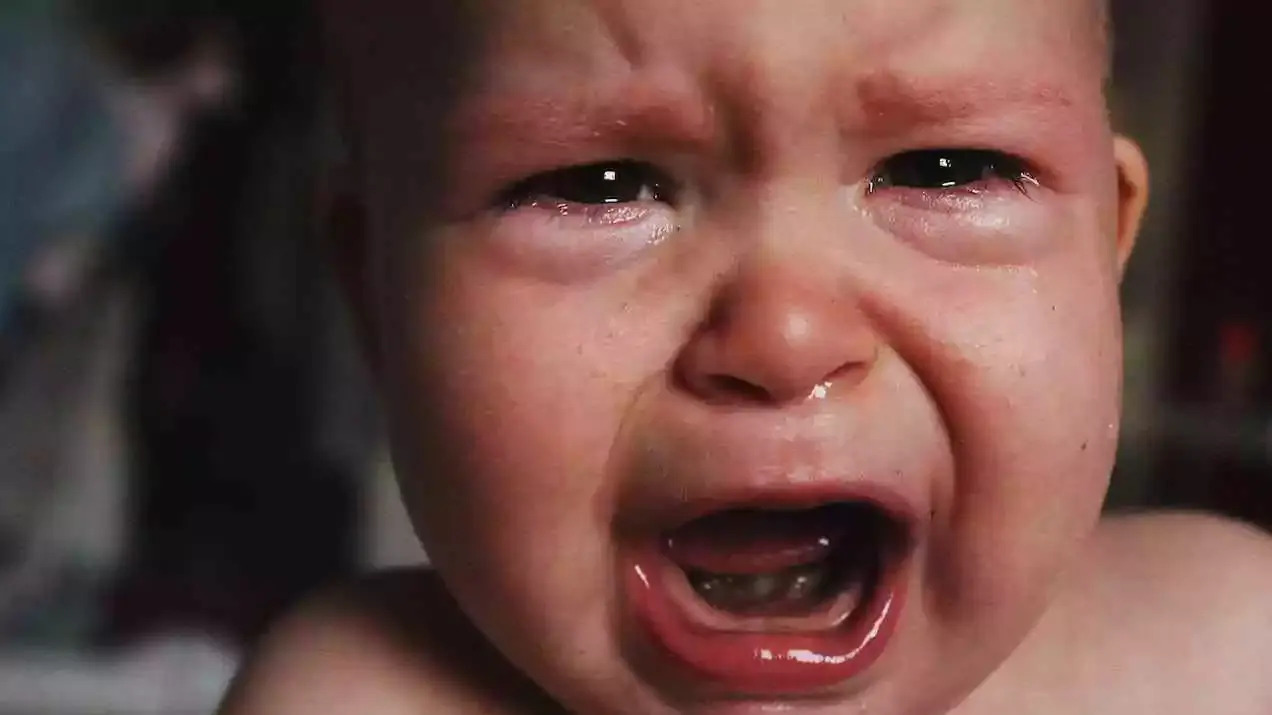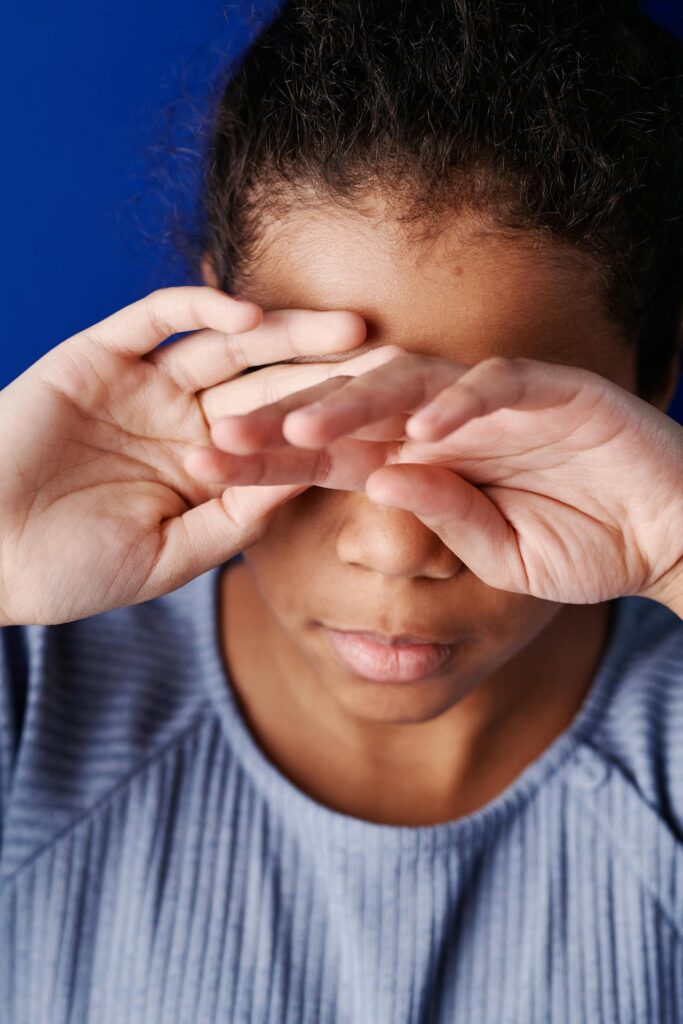Science
Lost on the Moon for 60 Years: AI Joins the Search
23 February 2026

The beating of children already in the linguistic layer has become blurred somehow. “Slap”, “punishment”, or as it is said in Polish: “a bottom is not a glass” are expressions aimed at downplaying this phenomenon, even giving it a positive overtone. The fact that after such an event the child behaves as if nothing had happened does not indicate that there were no serious detrimental negative changes in their psyche. Their personal dignity and sense of security have been violated. These are the basic and necessary elements for building a healthy personality in the future.
Violence against children is usually hyped only in the cases of critical incidents, which result in hospitalization, withdrawal of parental rights, and in extreme cases, death. Meanwhile, beyond these extreme instances, we can talk about hidden violence. There is regular harm occurring within the four walls of many houses that will only come to the surface in a dozen or several dozen years.
The dignity of every person must be inviolable and must not be questioned. We rightly demand punishment against the perpetrator of violence. For centuries, the dignity of the child has been ignored, and the good has been primarily seen as providing a safe existence for parents. There is a Polish saying: „dzieci i ryby głosu nie mają” (“children and fish have no voice”), which is the equivalent of “children should be seen and not heard.” This shows that such a thought process is appropriate for people from different places in the world and that treating children almost like second-class people is independent of latitude.
Today, it is said a whole lot about respect for the youngest. More and more people are expressing the belief that taking care of the emotional sphere of children is the best investment in their upbringing. The overall impression of improvement in this area is often overshadowed by the sad stories of those who have experienced physical violence. When they want to name it, its perpetrators and these are most often parents, use euphemisms.

A tug, a grab at the ear, a ‘harmless’ smack. In front of our eyes, in public places. What should be done then? React! We must not accept violence in any form. In our culture, it has been adopted that the upbringing of children is exclusively the domain of parents. Meanwhile, in some countries, such as Sweden, children are treated as human capital; they are a common good. Therefore, it is of daily occurrence there to advise unfamiliar children if they behave inappropriately.
Thus, while we do not have to teach parents about pedagogic issues, we should respond to the obvious cases of crossing the line, which is physical abuse. We can and must show that we are not indifferent to the evil the victims of which are the youngest. Perhaps adults who act this way toward their son or daughter have been treated this way themselves and do not understand that what they are doing is wrong and harmful. It may happen that we will encounter aggression from them too, but it is also a chance for them to stop for a moment and think about what they are doing to their children right now.
A child who experiences physical violence from their closest caregivers loses their safe, predictable world at once. It is precisely the person whom they perceive as a feeder, who gives a sense of closeness and warmth, that becomes a source of pain and suffering. In the mind of young humans, a dramatic dissonance arises, because their ability to mentalize, to create in their mind a representation of the inner world of a parent, is still insufficiently developed. The child does not know why they are punished in this way. Explaining that “mummy or daddy got upset” is for nothing.
Such a message causes the child to fear and concern that as soon as one parent begins to show nervousness, it will again end in violence. A child growing up in this way becomes withdrawn and apprehensive. They will not be able to deal with emotions, for example, anger. The image of a safe, soothing base where they can always count on comfort and understanding disappears from their world. Instead of this, a dramatic, ambiguous picture of a guardian who is both desirable and threatening arises. On this basis, the young man develops an idea of the world and other people, and, with this stigma, will try to create friendships and relationships. They will be burdened with a lack of trust in others already at the very beginning.
We recommend: How do Children Absorb the World? The Science Behind Learning
In childhood, in addition to the image of the outside world, we also shape our inner world. It is a safe arena of imagination, thanks to which a child, and later an adult, tests hypothetical situations. The young human who experiences violence as punishment creates in their mind a fearful, weak ego, which is very vulnerable to hurting and often even awaits a blow. The consequence of this is low self-esteem. A lack of self-confidence and self-agency makes such an adult easier to manipulate. They engage in relationships that are often full of violence and contempt, due to the conviction that they deserve nothing better. Simply because they do not understand that a person who loves should not hurt. Furthermore, they become easy prey for narcissistic personalities.
In less extreme cases, grief and anger are what remain in the person. If not worked through, they may turn into chronic sadness, which at some point prevents normal functioning. Therefore, depressive disorders very often affect adults who in the past have been victims of violence from the closest ones.
We have to do what we can do, i.e. be sensitive to the harm of others and dare to react. When we notice a sudden change in the behavior of our student, charge, or patient, or when we see our friends harming their children — we must react. If we witness the degrading treatment of a child by their parent in a store, in a cinema, or in a restaurant — we must not pass by indifferently.
We must not look the other way. Perhaps our one articulated sentence, or maybe, that’s tough, a public quarrel, will save a life, and stop the aggressor. We might save the child from breaking their resumes. All our actions make sense, even though we will not receive any reward for it. “Unawareness”, as the passivity of witnesses to such events is used to be called, has already cost too many lives.
Translation: Marcin Brański


Science
22 February 2026

Zmień tryb na ciemny